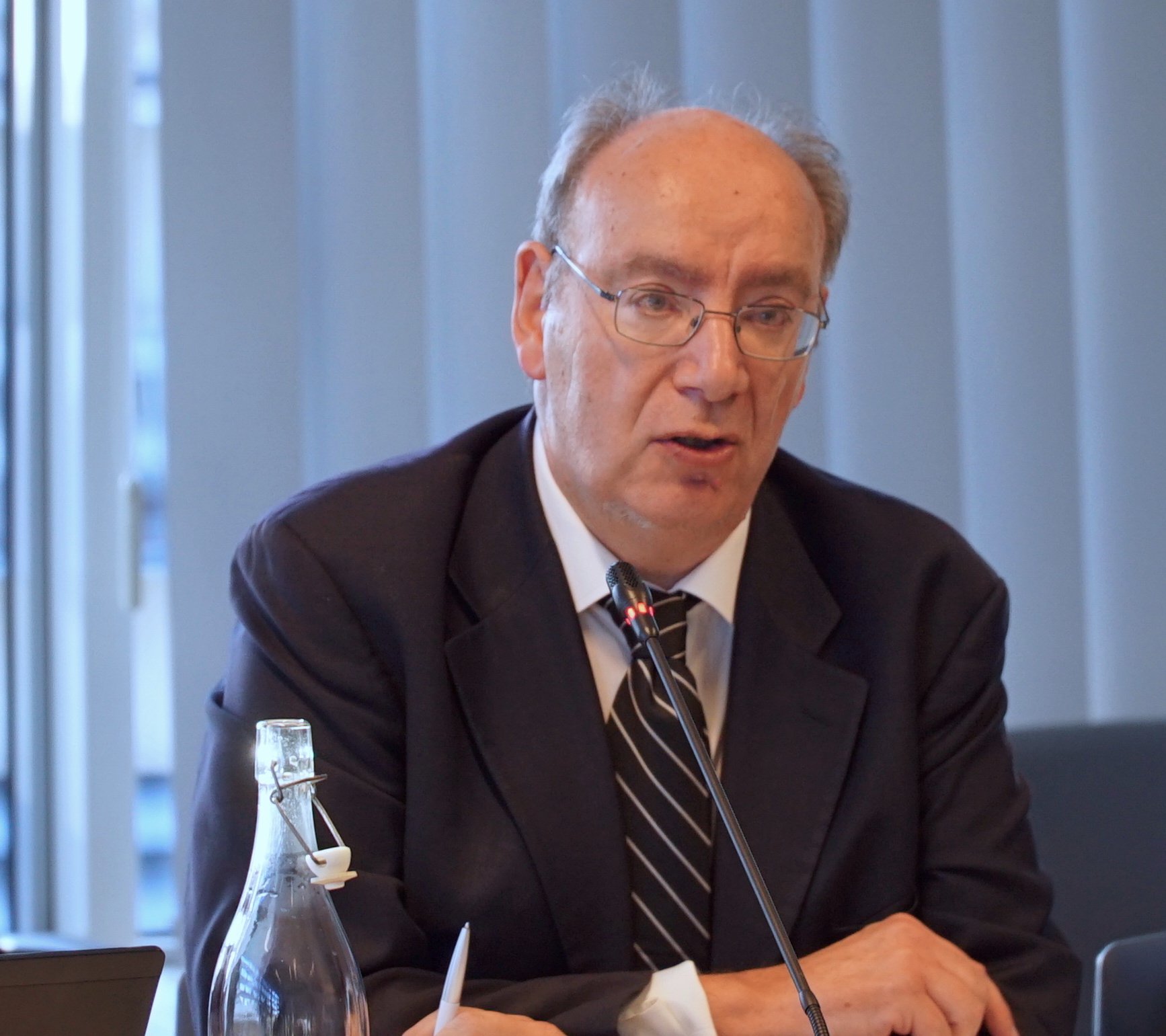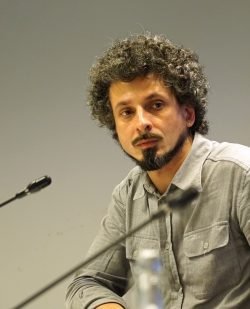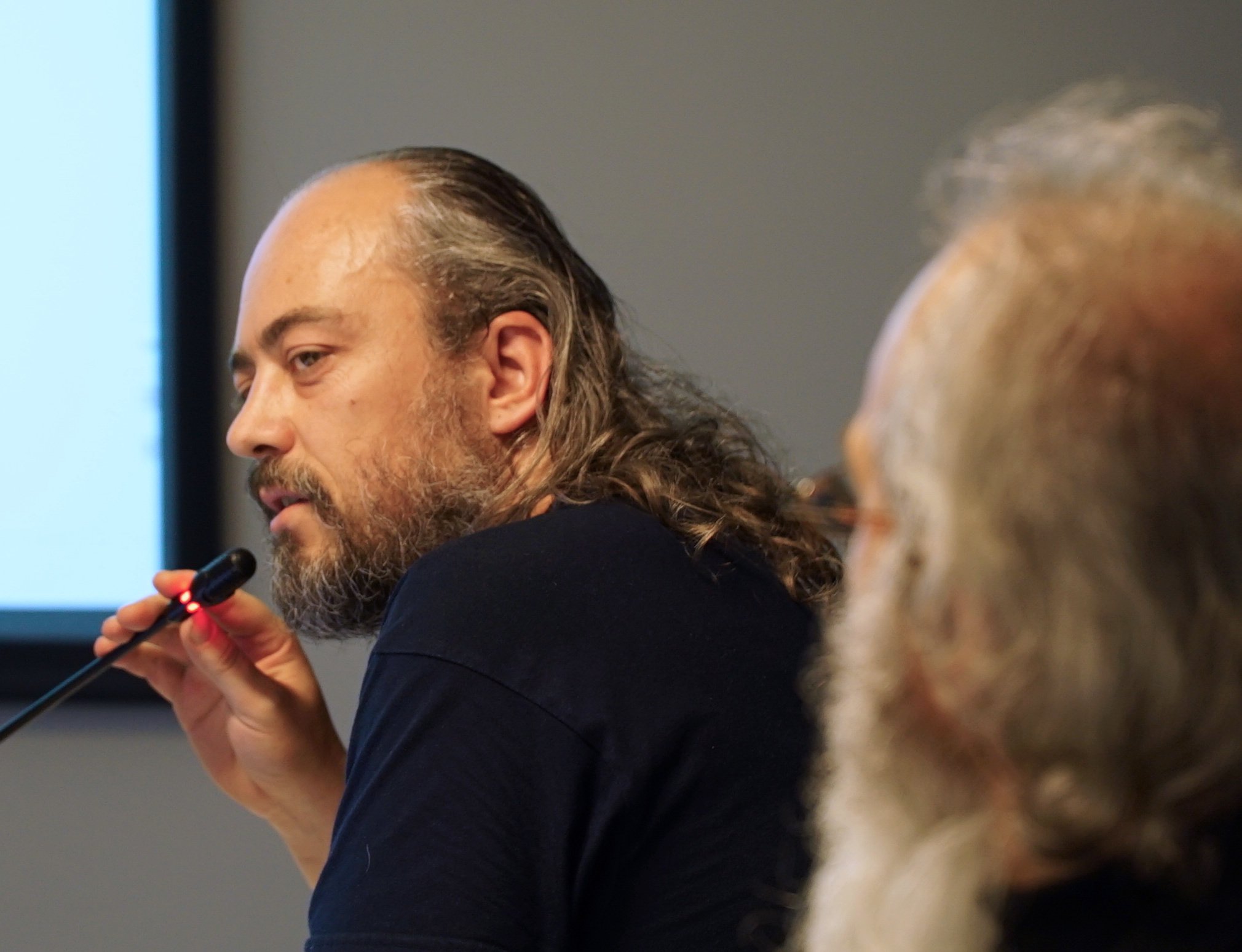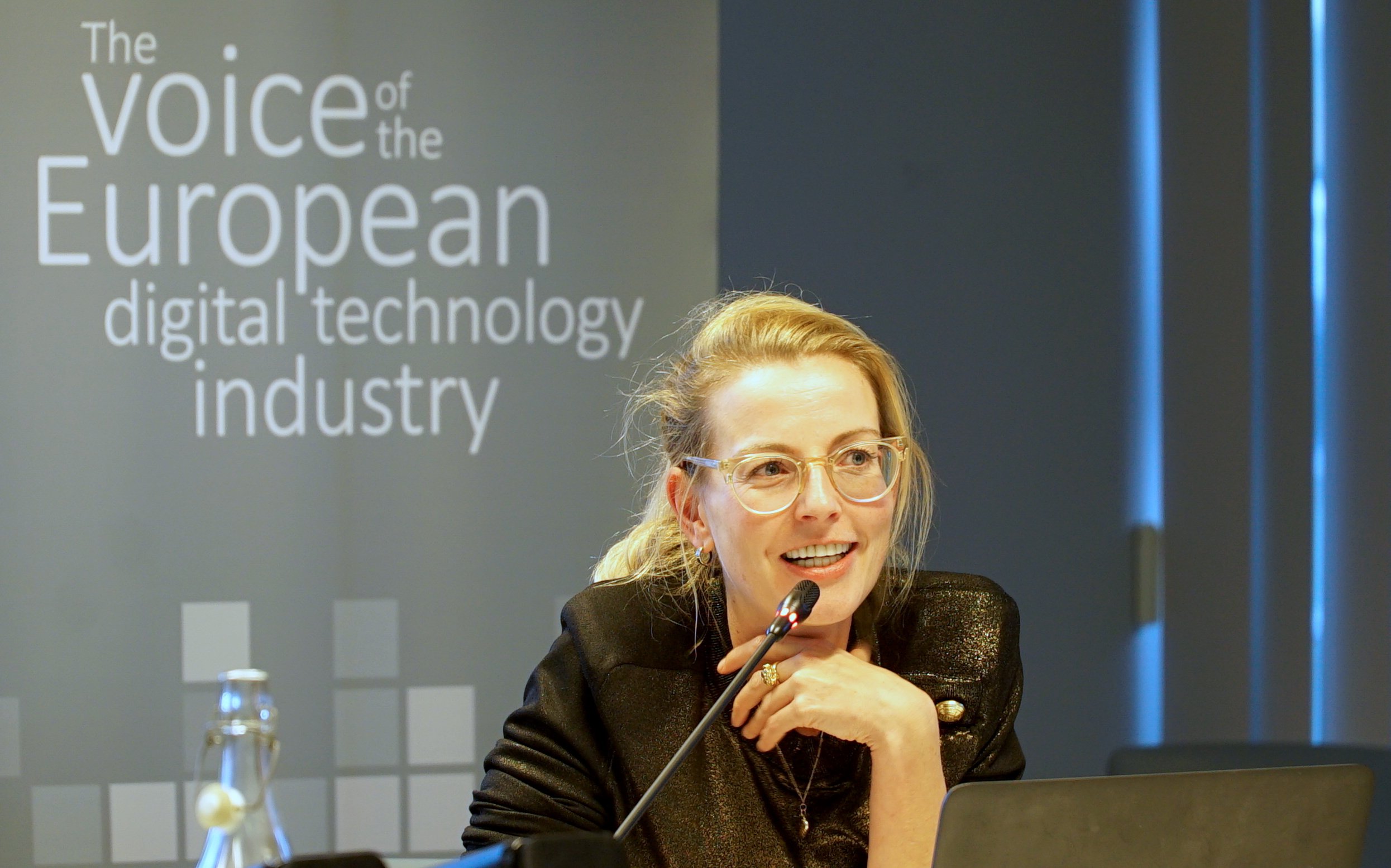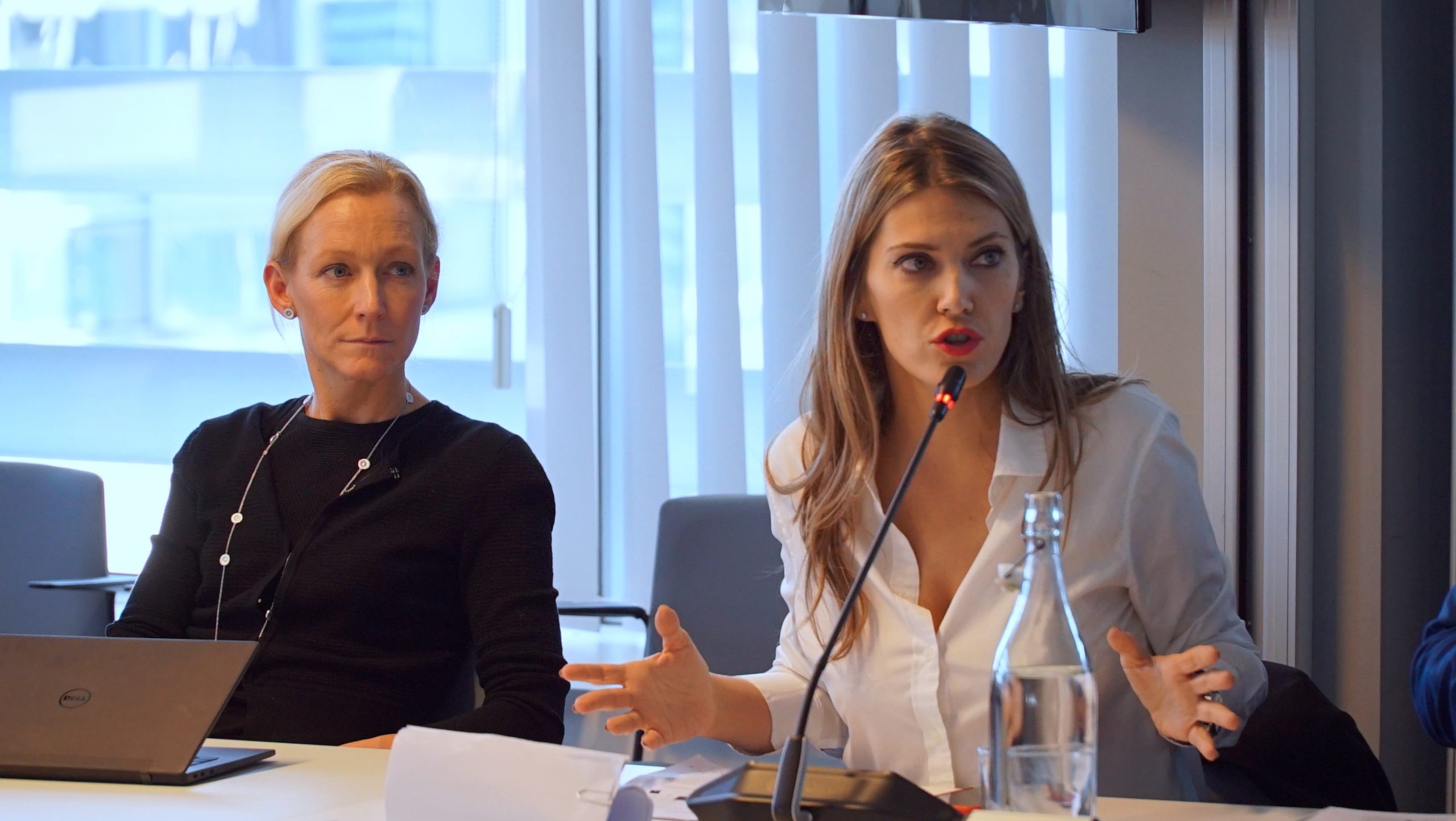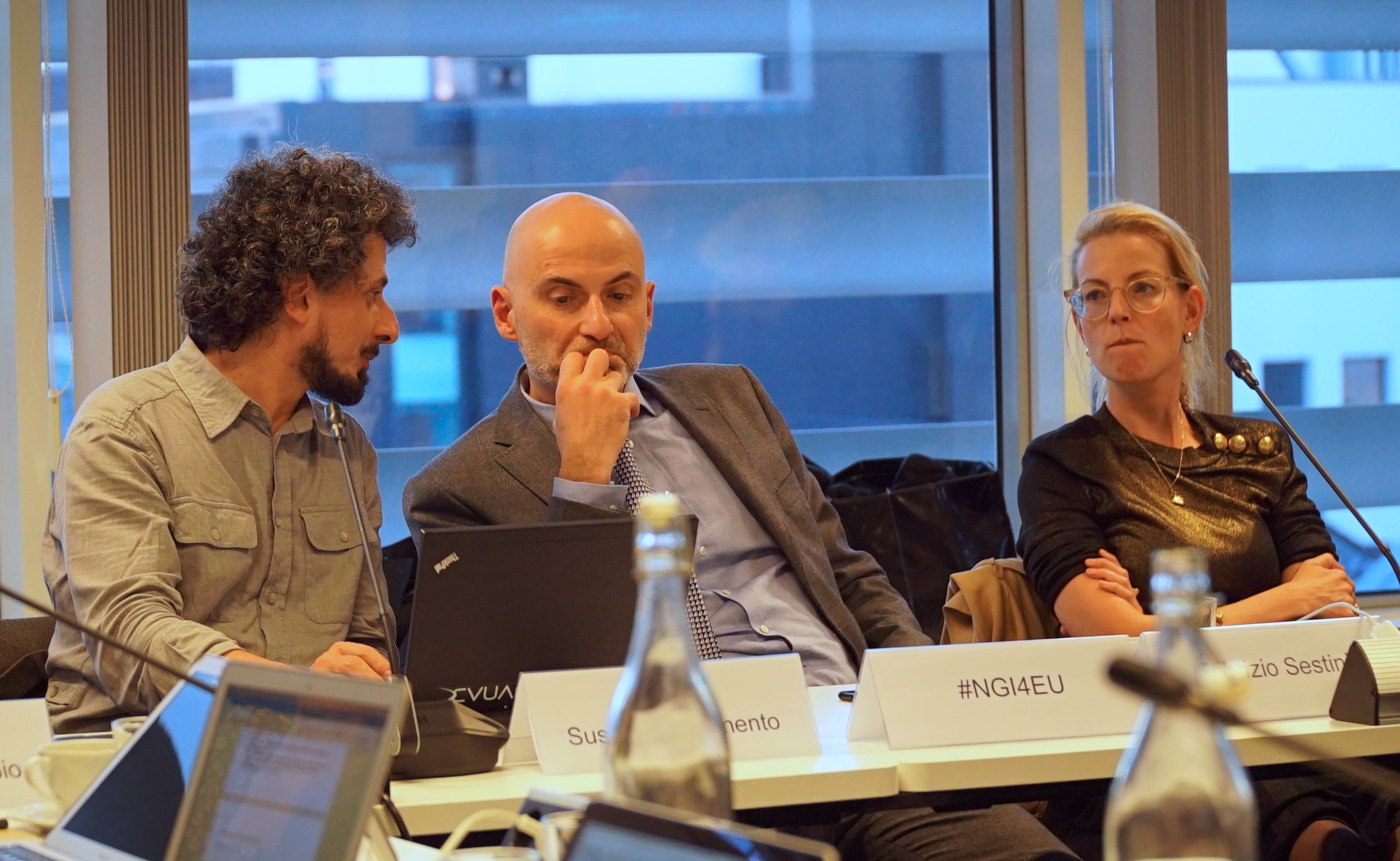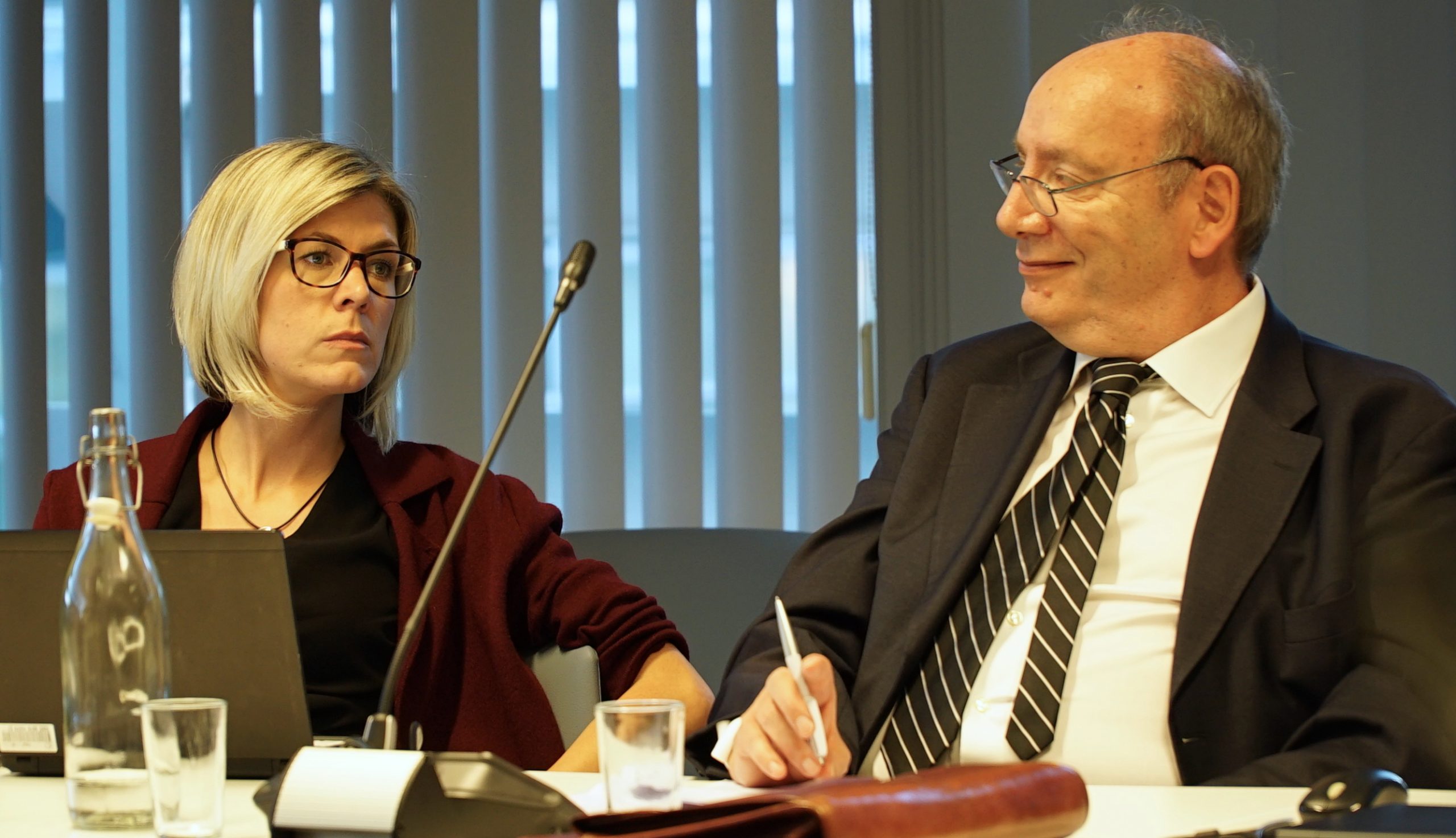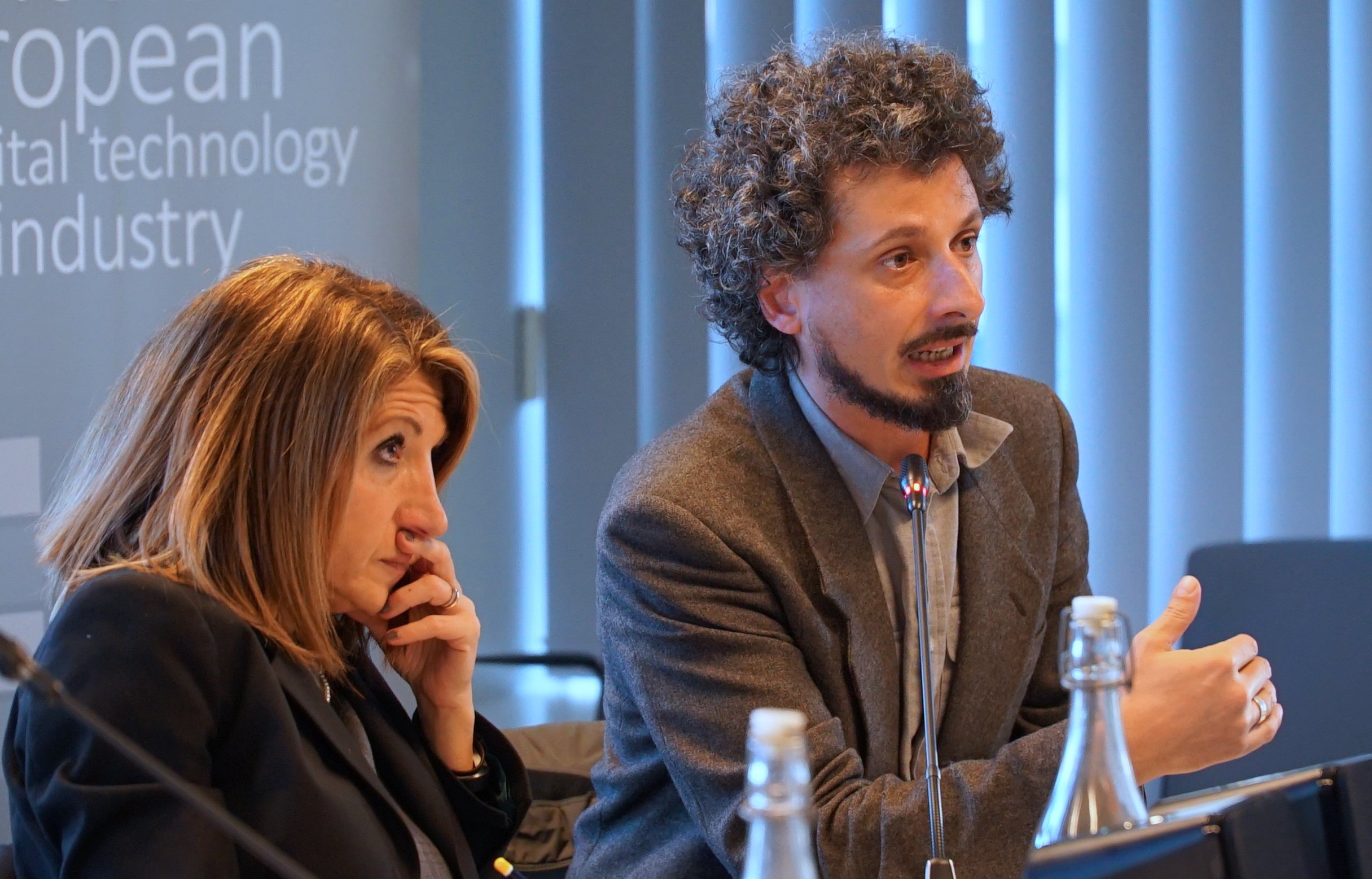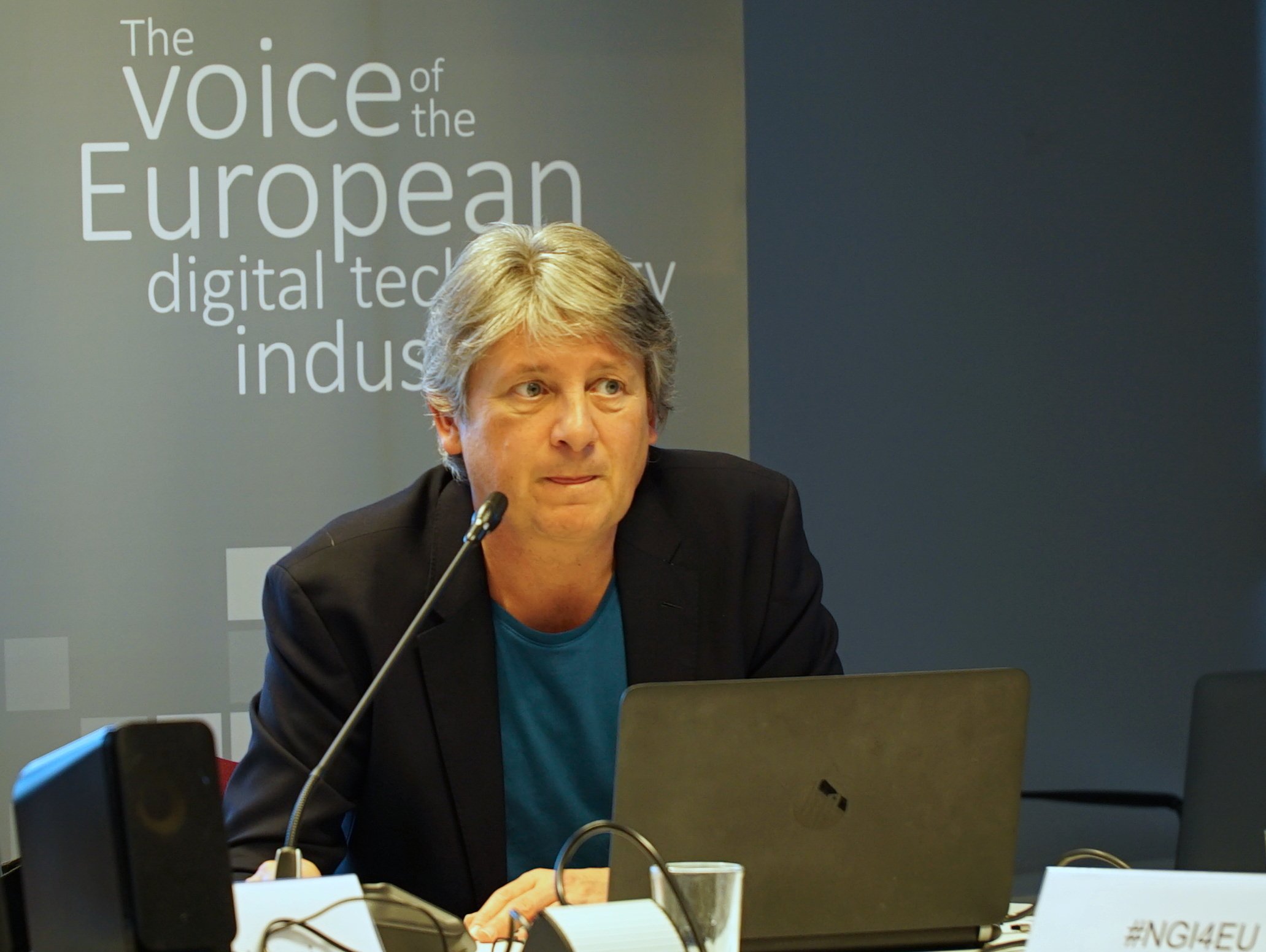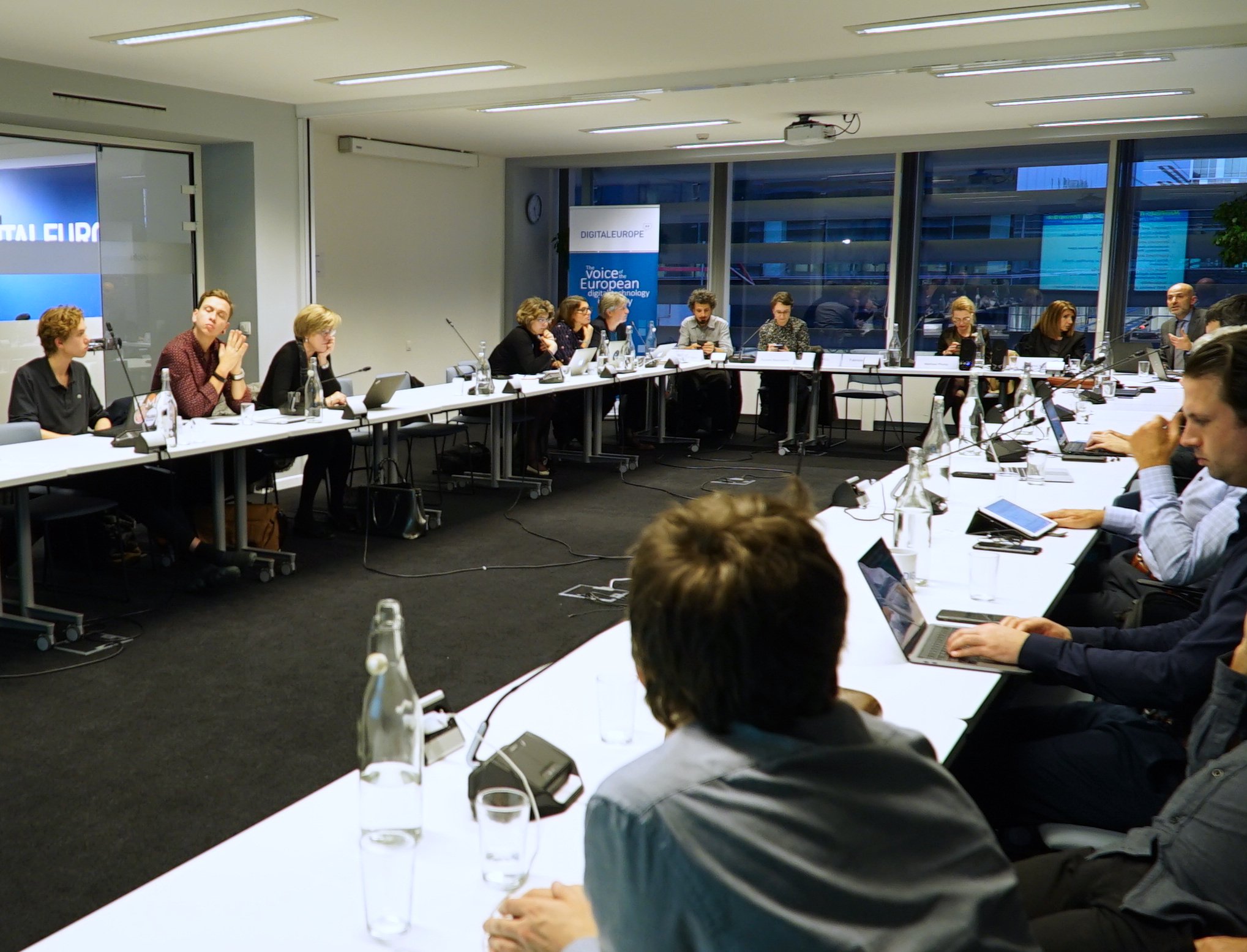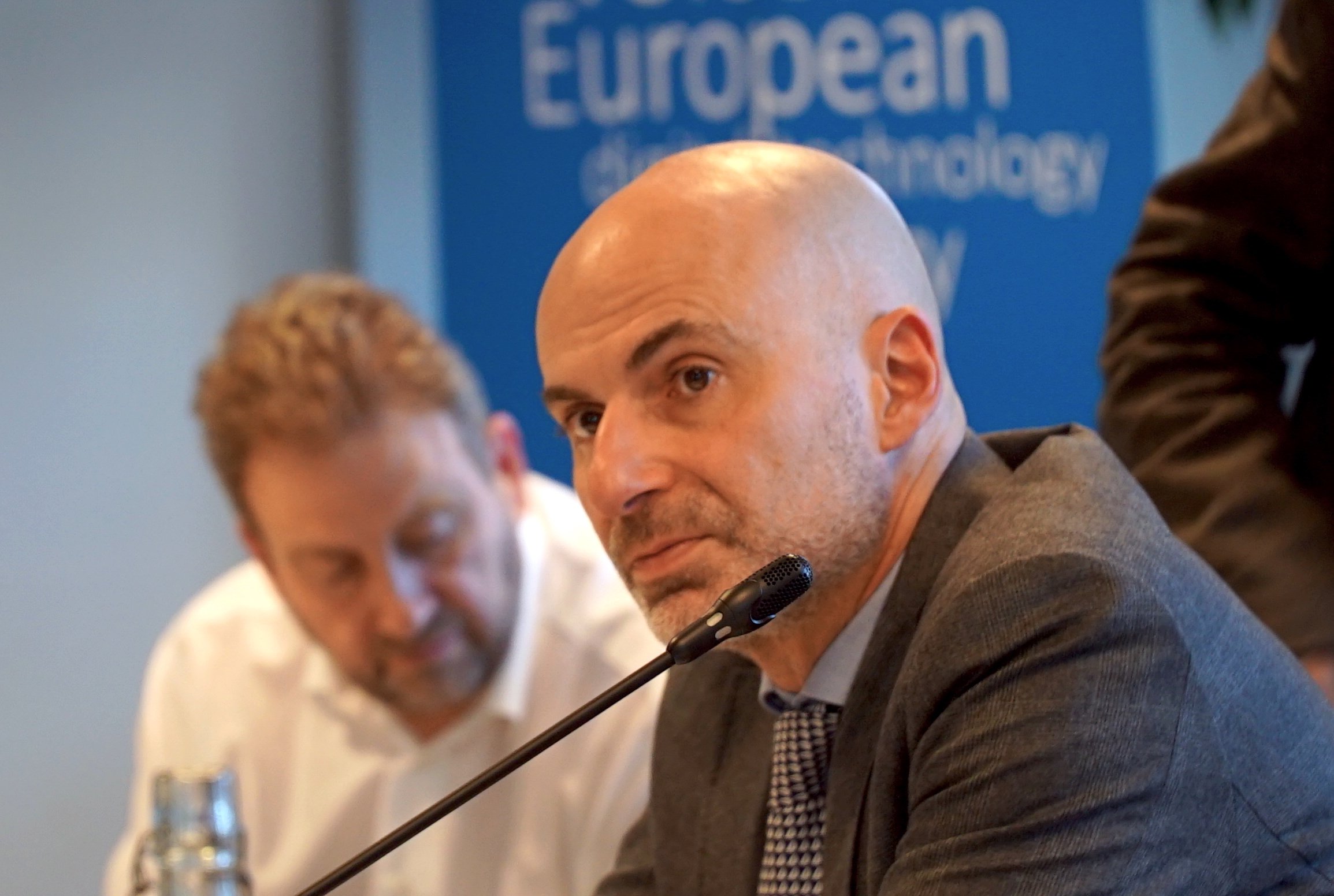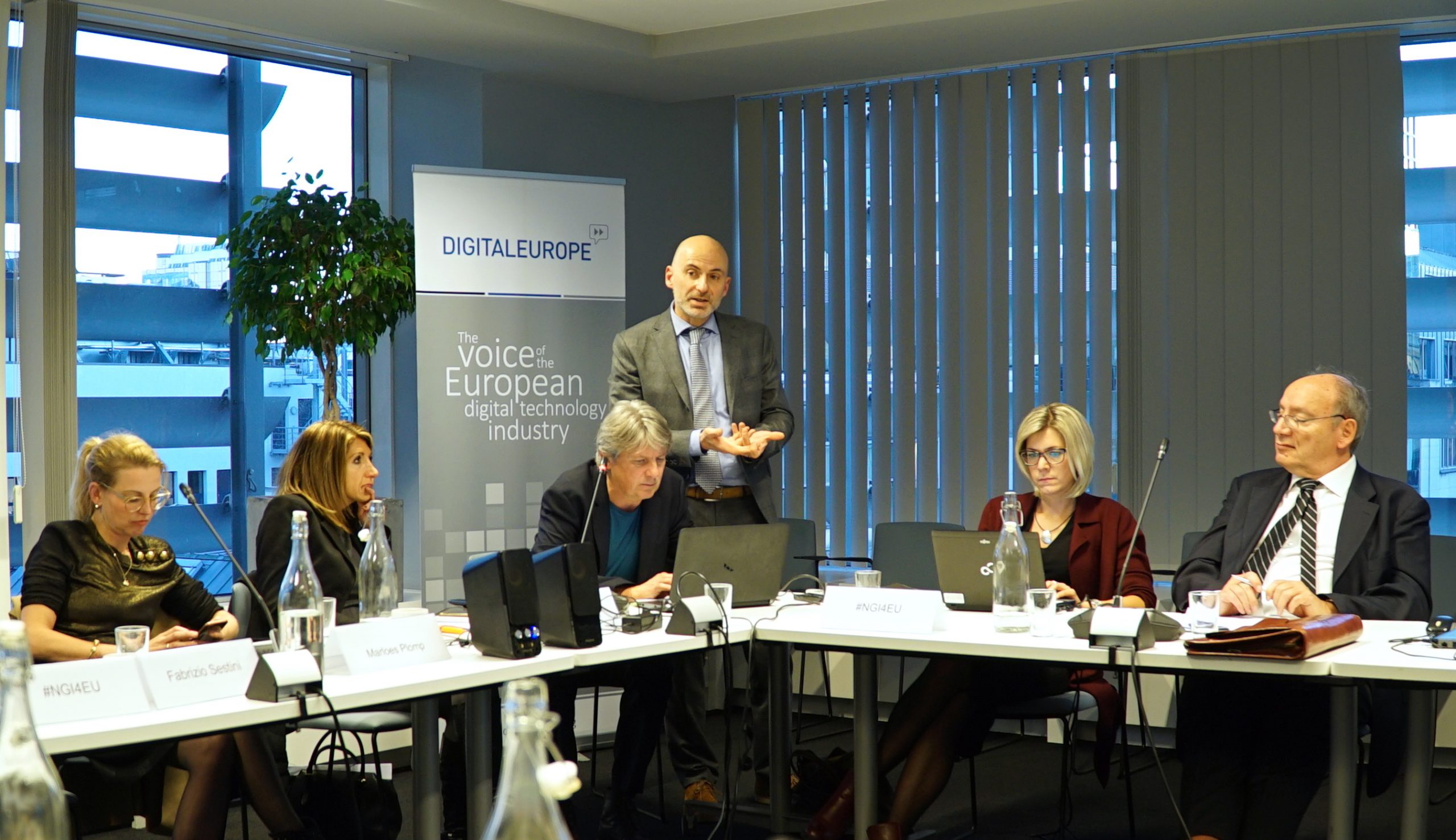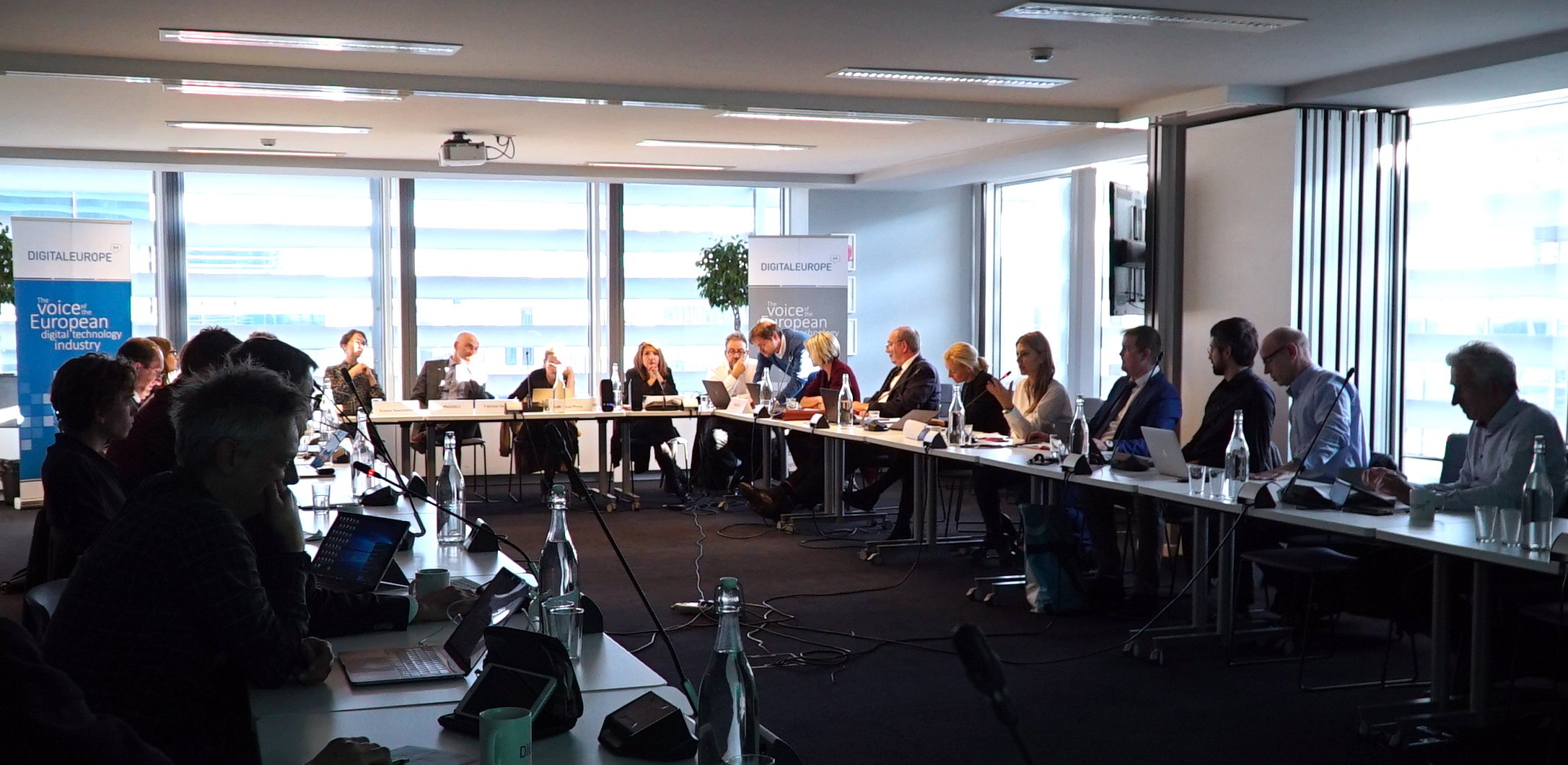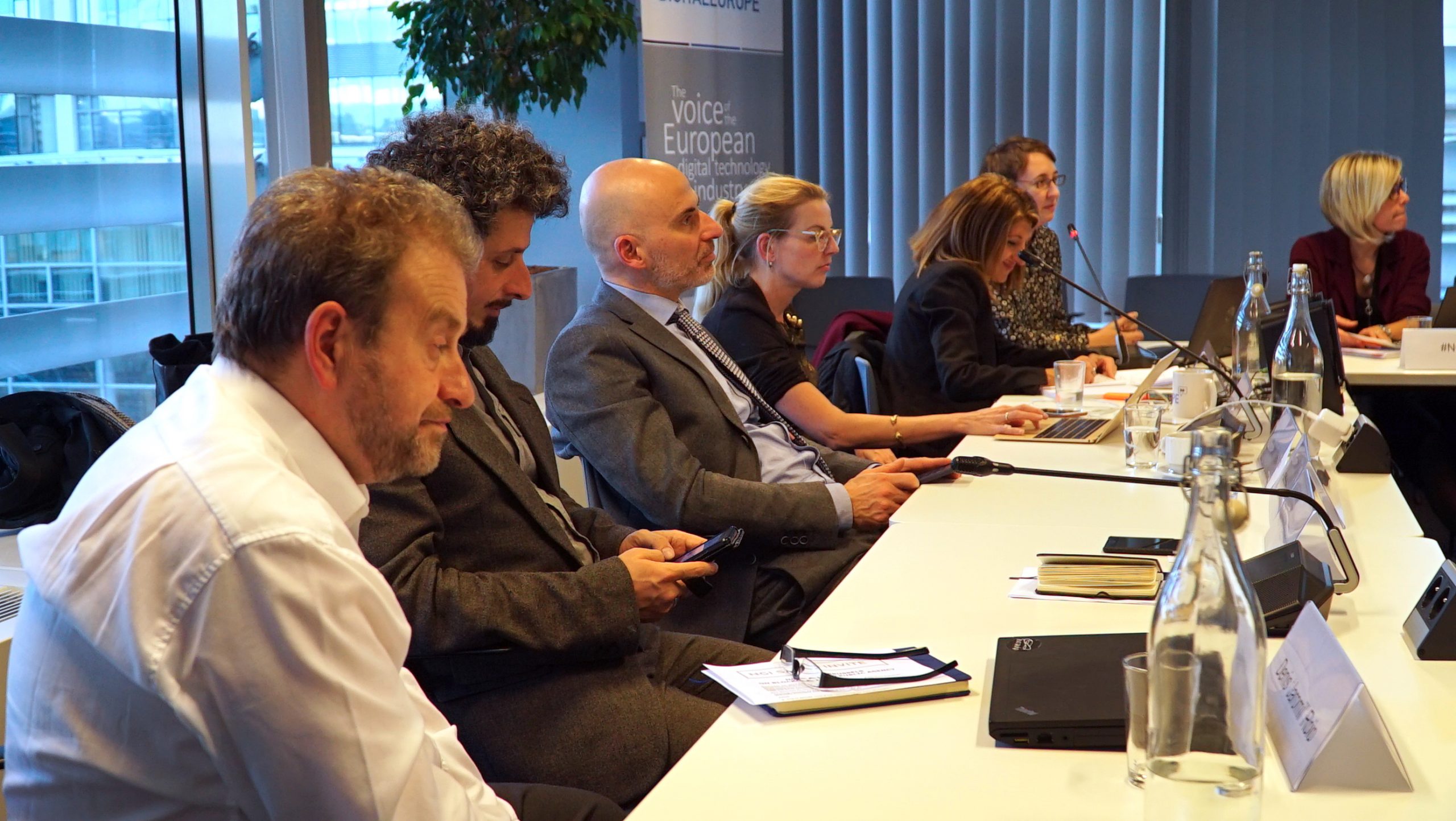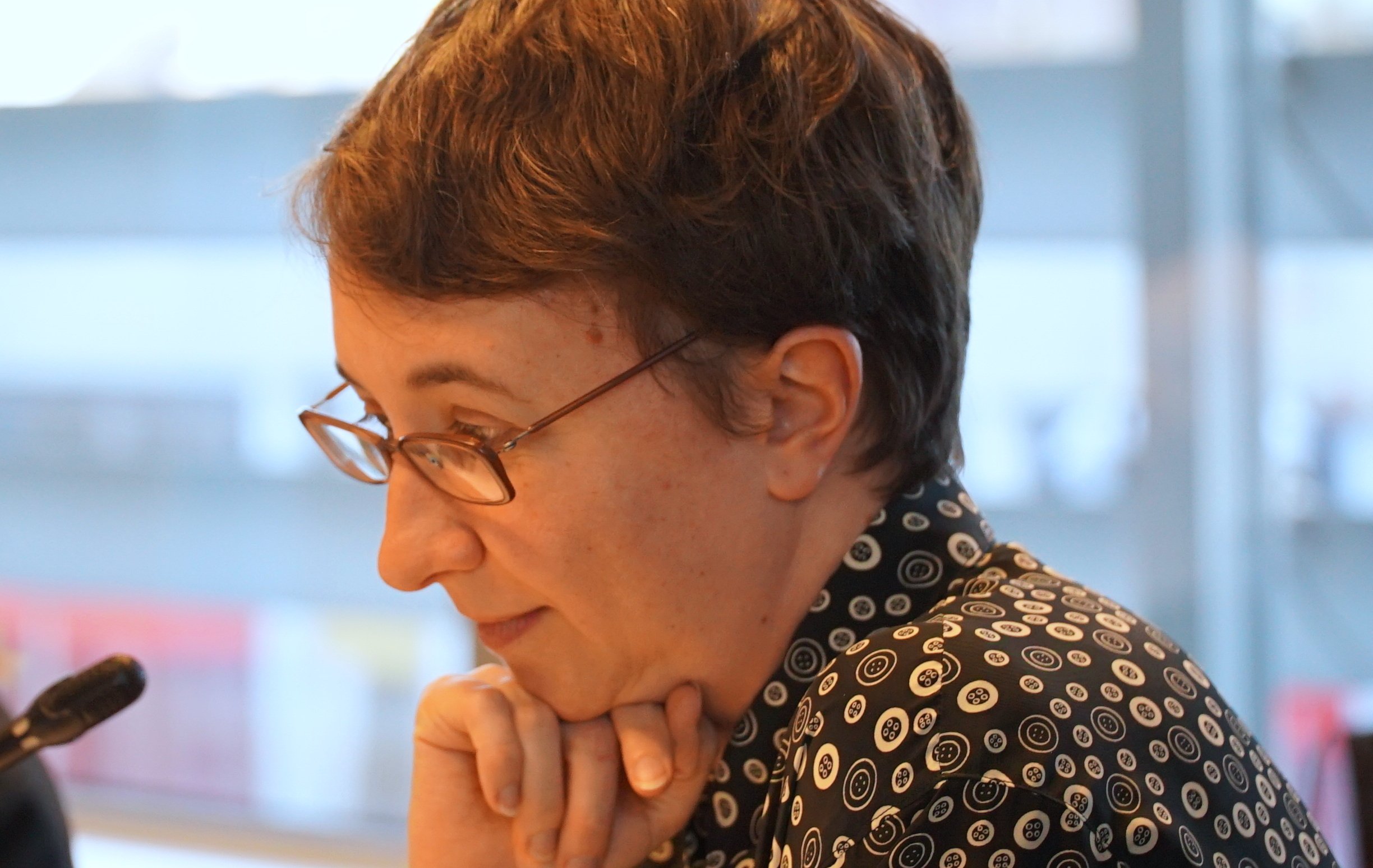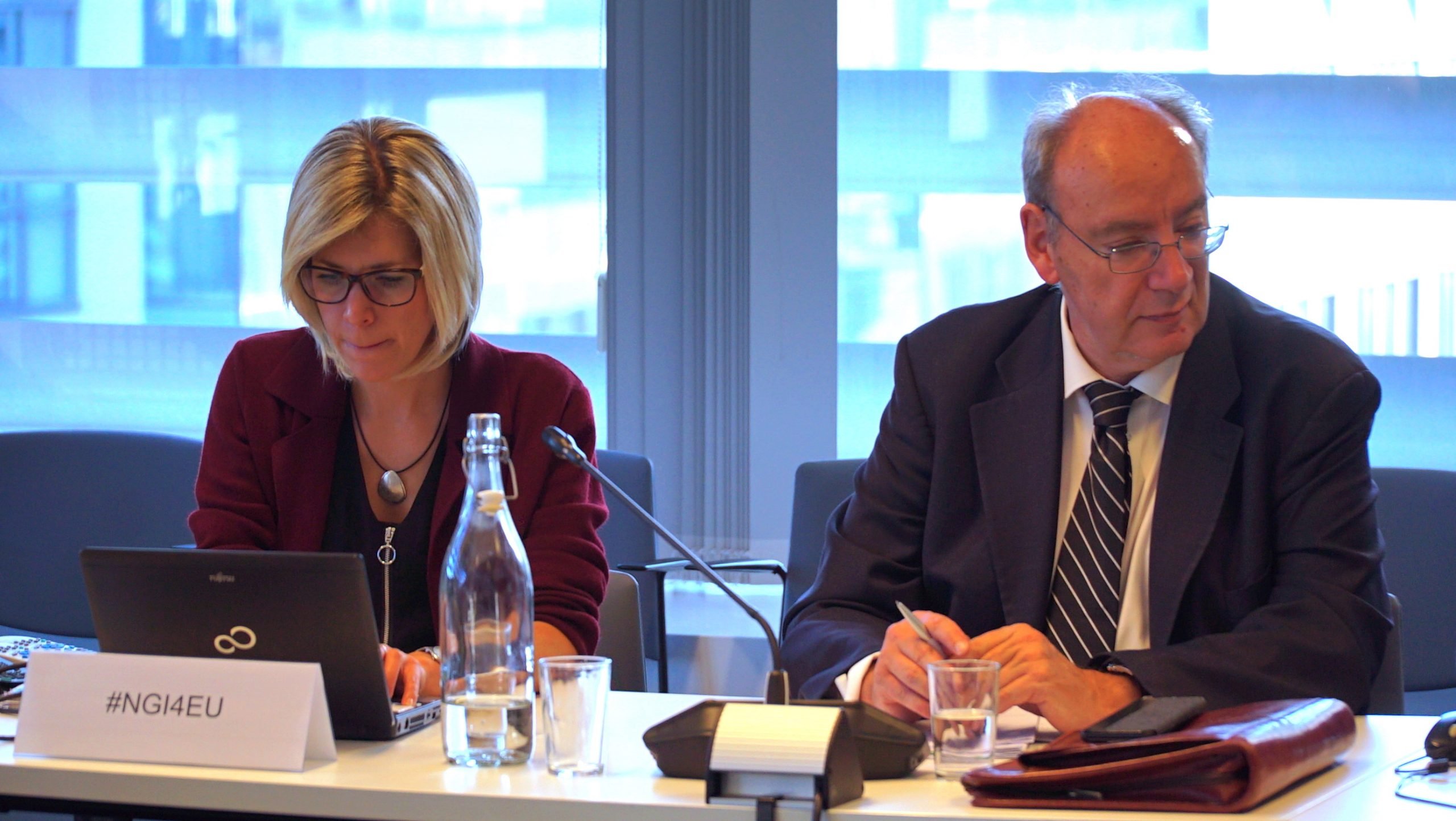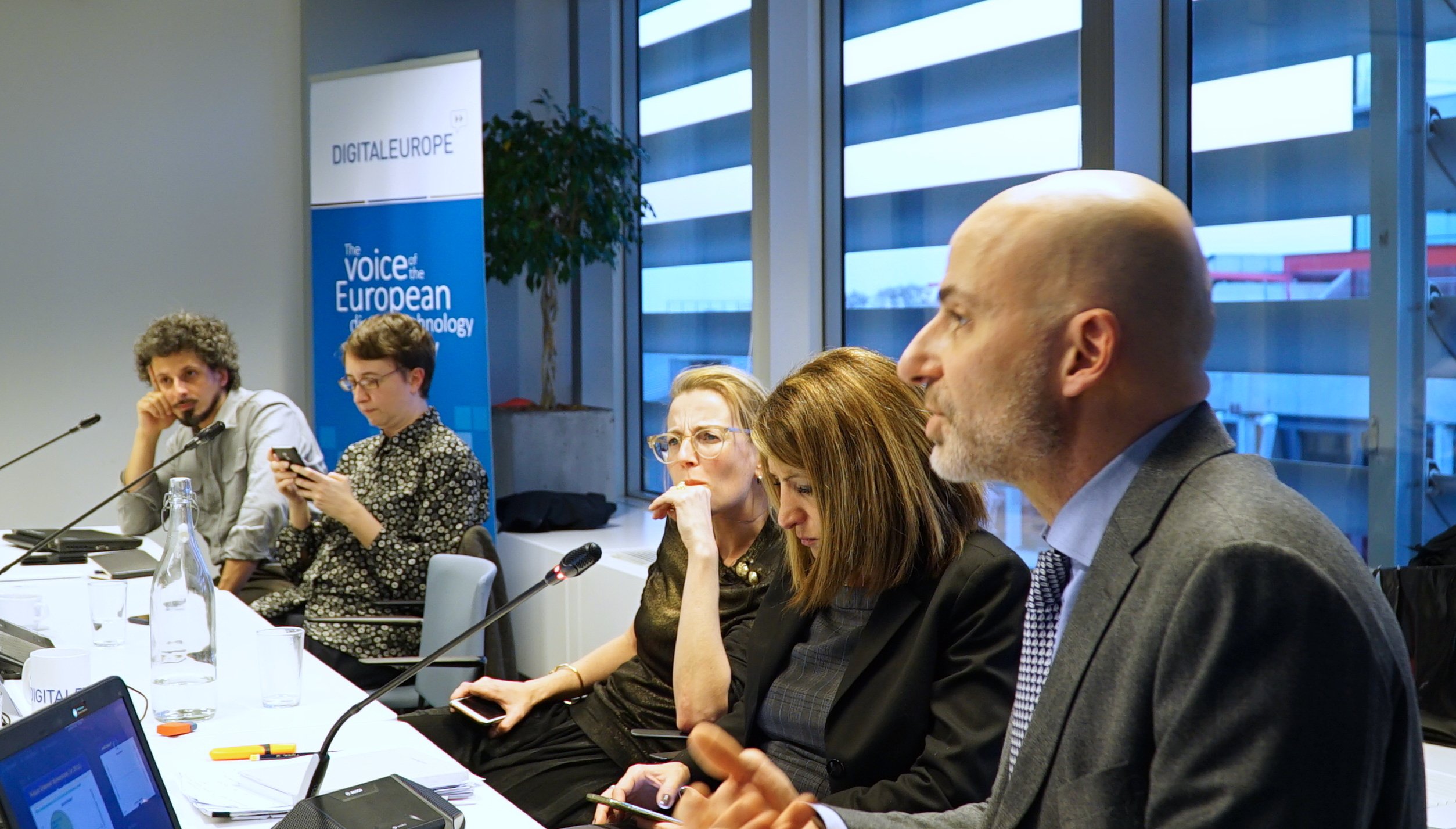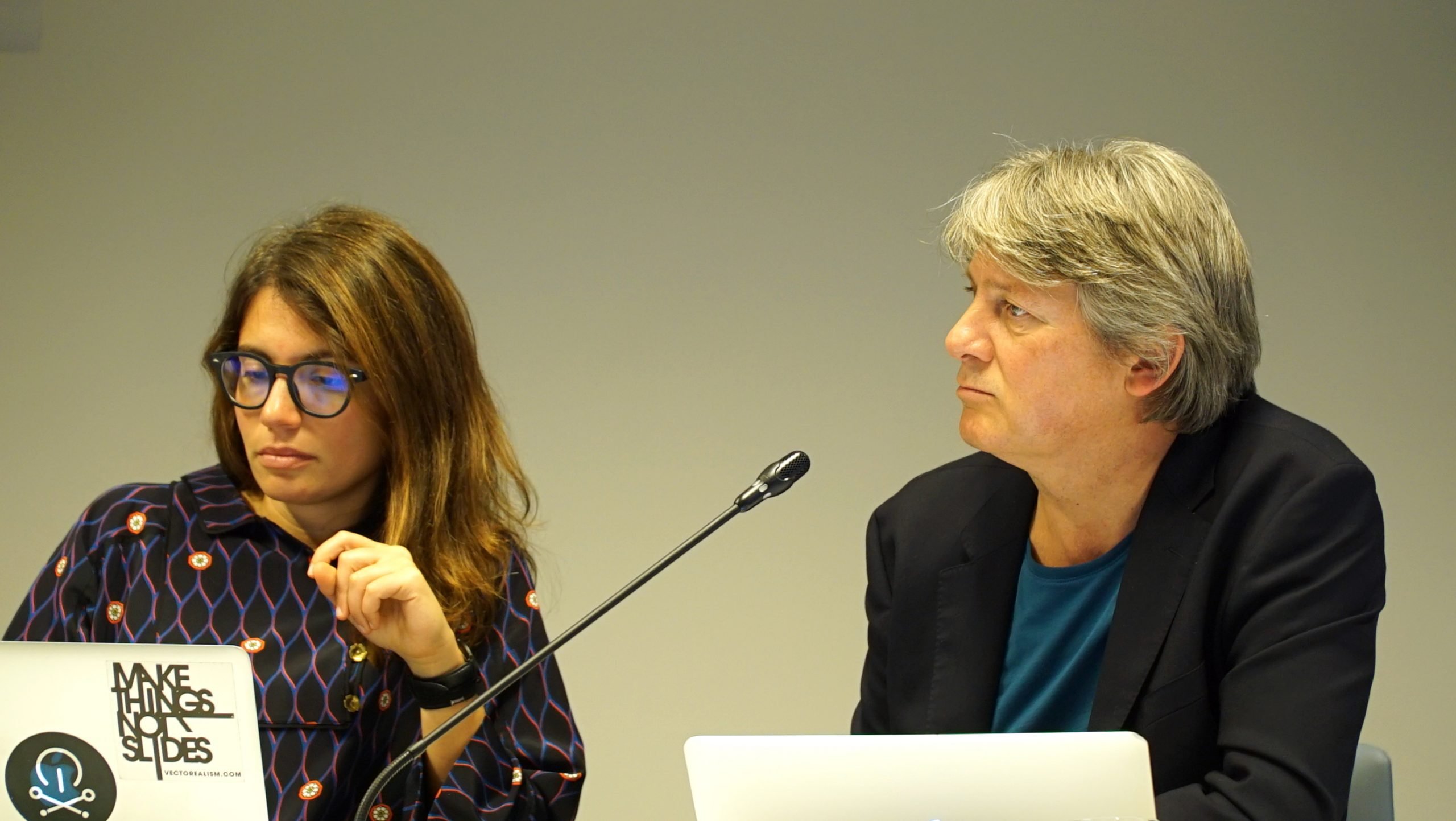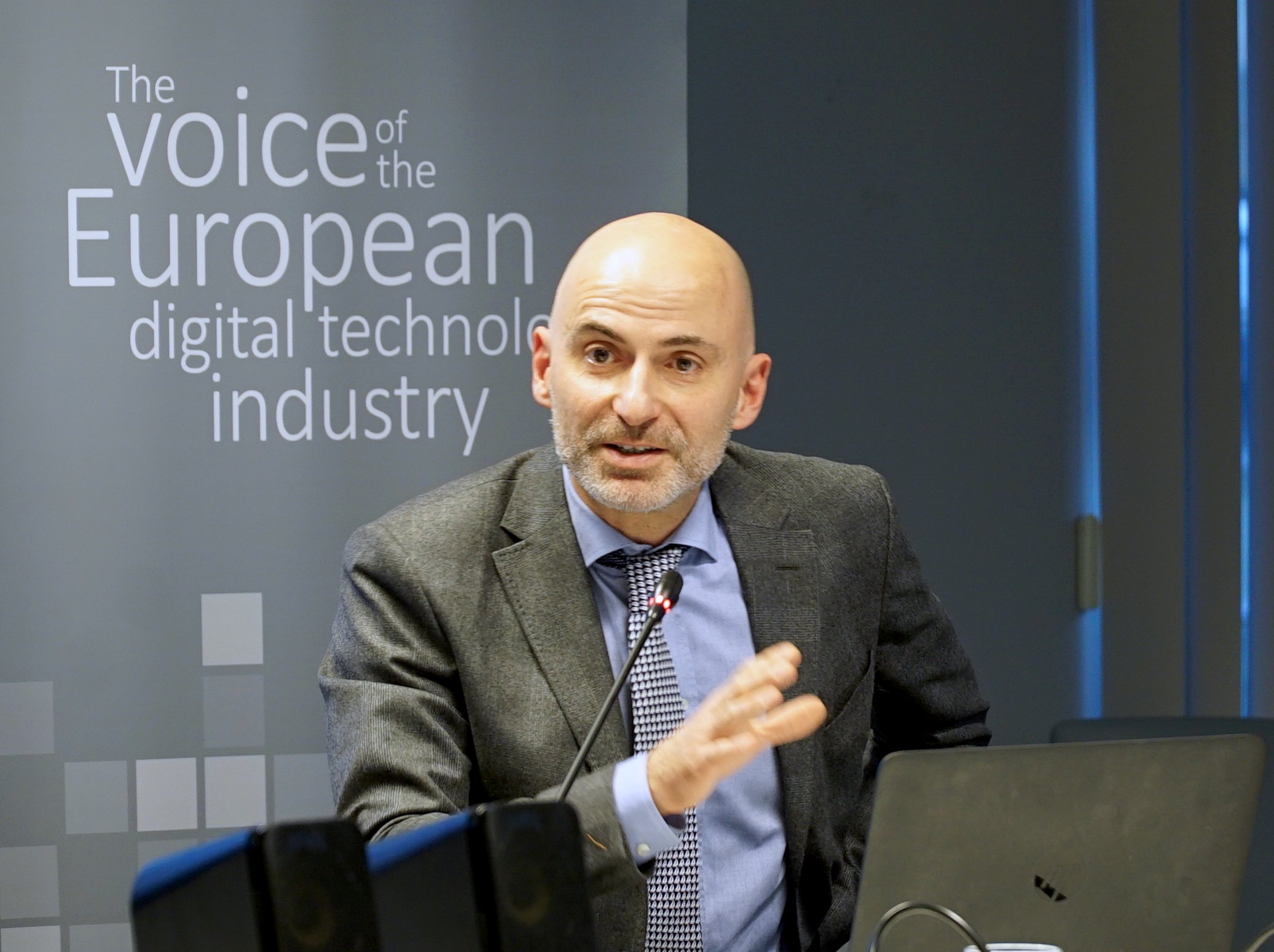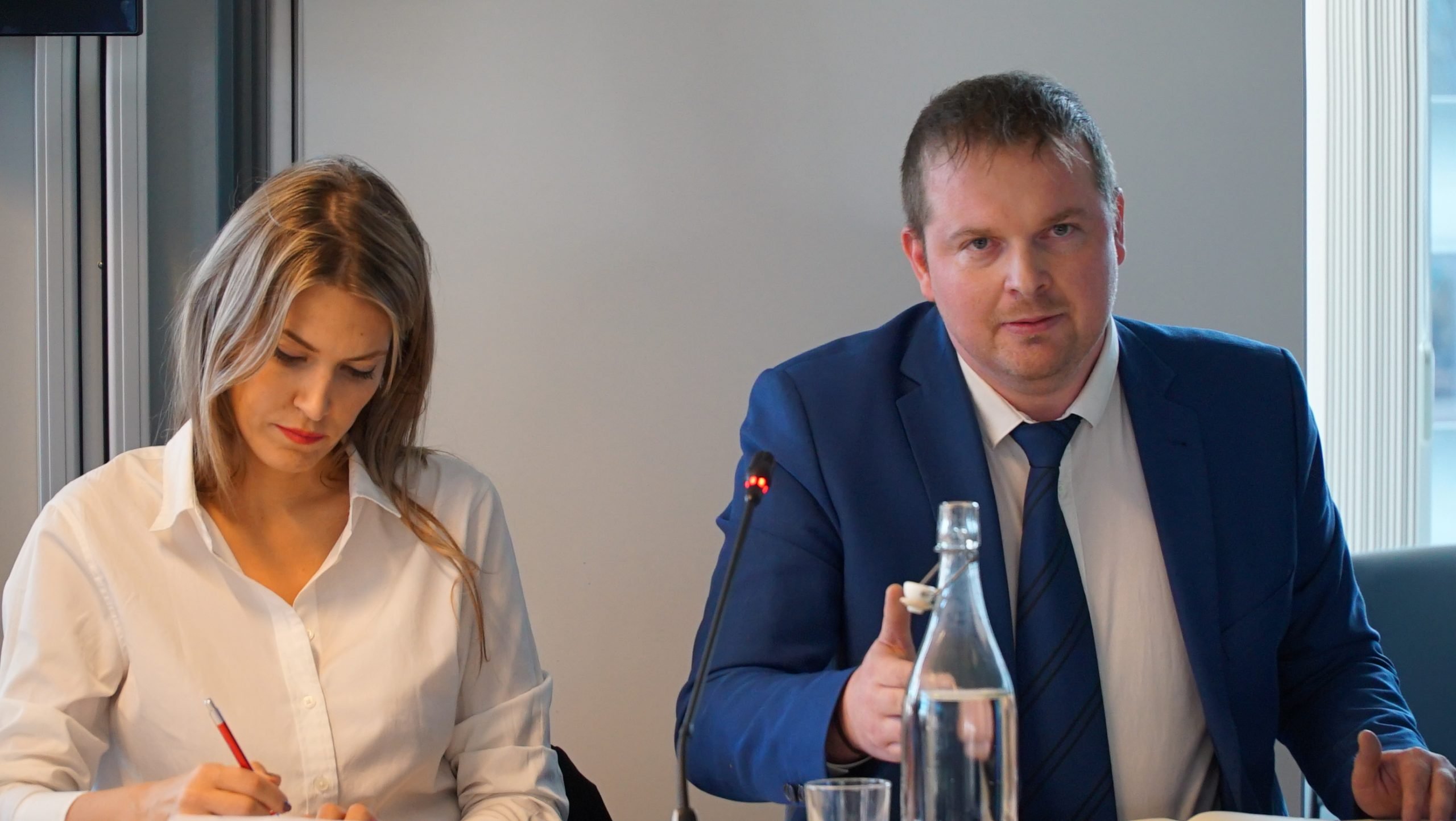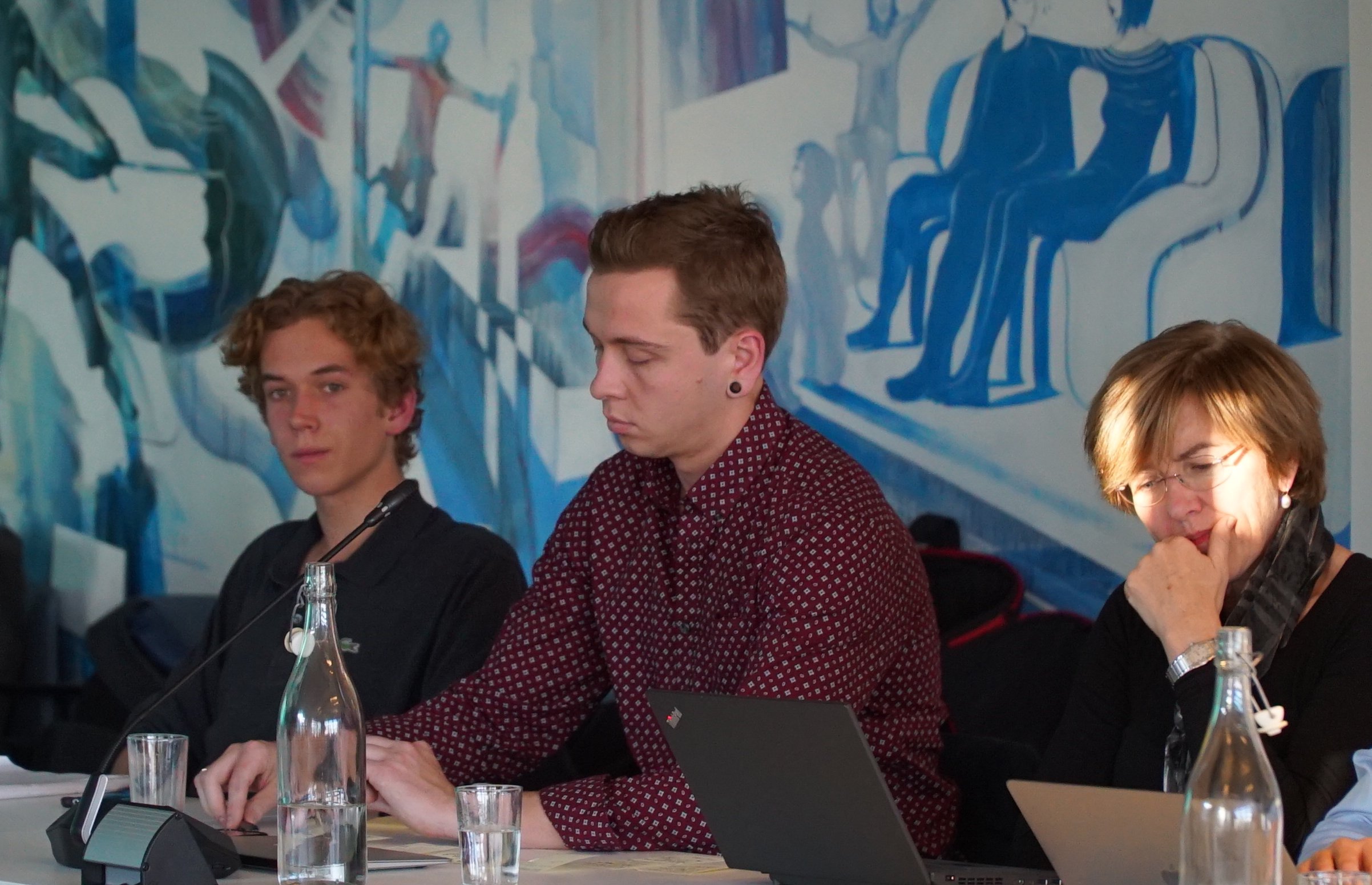On 22 November 2017 NGI Move and DIGITALEUROPE in Brussels hosted an Informal Seminar on Blockchain and Public Agency.
The goal of this informal seminar, attended by 30 people, was to discuss the following question: “where is the vital public agency on identity and/ with/through blockchain?”
Besides the excellent presentations of Elena ALAMPI (Policy Officer, eGovernment and Trust Unit, European Commission’s DG CONNECT), Denis “Jaromil” ROIO (well-known artist, theorist and hacker, programmer of the dyne.org network), Susana NASCIMENTO (Policy Analyst, Foresight, Behavioural Insights and Design for Policy / EU Policy Lab, European Commission’s Joint Research Centre), Dominik SCHIENER (co- founder of IOTA Foundation), Marloes POMP (project leader of about 35 blockchain projects within the Dutch Government), and Fabrizio SESTINI (Senior Expert in Digital Social Innovation, Next-Generation Internet Unit, European Commission’s DG CONNECT), the seminar inspired an open discussion atmosphere where different opinions were expressed.
Among participants were Eva A. KAILI, Member of the European Parliament, Chair STOA Scientific Foresight Unit) and Nicole MUESSIGMANN (Programme Officer, Next-Generation Internet Unit, European Commission’s DG CONNECT).
Gérald Santucci was the co-moderator of this event, together with Cecilia Bonefeld-Dahl, Director-General of DIGITALEUROPE.
“If I were called in
To construct a religion
I should make use of water”
Philip Larkin, The Whitsun Weddings
Outcomes:
- Eva Kaili pleaded for a ‘common vocabulary’ to create more agency among policy makers and awareness among citizens.
- Education is key among all stakeholders.
- We all share an urgency. We know that in between the US data-lakes and Chinese Industrial Integration (latest IIoT plan calls for sharing clouds in value chains- we basically have our strong social welfare/democracy (yes we can debate its demise but the notion of the public is still there) stakeholder coordination, like we showed in the seminar. It is clear we want to build a strong productive balance between centralization on infrastructure and decentralization on data and services, between anonymity and accountability and between innovation on the one hand and incentivizing maintenance and repair (circular) on the other.
- Here you can discuss your view of how blockchain can enable the Next Generation Internet. How can this technology be applied to empower European citizens in being part of the the Next Generation Internet? What are the challenges, technically, socially and legally?
In times of perpetual innovation (not at the edges, but at the core of developments), populist movements on the rise, people worried about their jobs, pensions, everyday expenses, untenable inequality gaps, energy uncertainties, it seems that the single layer governed Asian tigers are finding more productive political answers to ensure a balance between centralization (on infrastructure and sustainable policies) and decentralization (innovation on applications and services). It is not the best balance. They need to engineer a move towards more decentralisation that is incompatible with their political heritage and mind set. There is a strong tendency to also control data and information on top of owning internet (of things) architectures and media production capabilities.
We European, however, can envisage the Next Generation Internet as a coherent set of centralized protocols that can be operationalized in a fully decentralized way; a new conception of the techno-political landscape tuned to the reality of what is happening in every domain of human activity; to be supported, assisted and guided by secure real time data streams of sensor input, to bring big data, AI and dynamic analytics into the heart of decision making and to eventually reform the EU as a platform of services for all.
In this vision NGI is a system of systems, a pragmatic cybernetics, that eventually runs a 500 million European zone as a service.
Compared to China we have the advantage of building a productive balance between extreme centralization on infrastructure, spectrum, smart contracts and hardware by EU industry and extreme decentralization on data fully open for direct local democracy and services and apps by EU SMEs; and personal data clouds as envisioned by the GDPR.
Compared to Singapore we have scale and the possibility to sell the system (running your territory-region as a service). Compared to the US we have relatively intact social systems and fully functional building blocks such as Estonian e-card, Horizon 2020, Digital Single Market focus. This scenario offers investors a real viable European project, strengthening public infrastructure and open business models on the data if they are on EU platforms, Cloud and app- store.
Sparked discussions
Gerald Santucci
Blockchained Melody
https://www.linkedin.com/pulse/blockchained-melody-gerald-santucci/
Tom Collins
Next Generation Internet — The European Commission’s call for Tech Revolution
https://medium.com/@thetomcollins/next-generation-internet-the-european-commissions-call-for-tech-revolution-3096b29eaa3b
ON CONSULTATION.NGI.EU
BLOCKCHAIN FOR CE MARKING-BASED DIRECTIVES
https://consultation.ngi.eu/channels/blockchain-enabler-ngi/blockchain-ce-marking-based-directives



